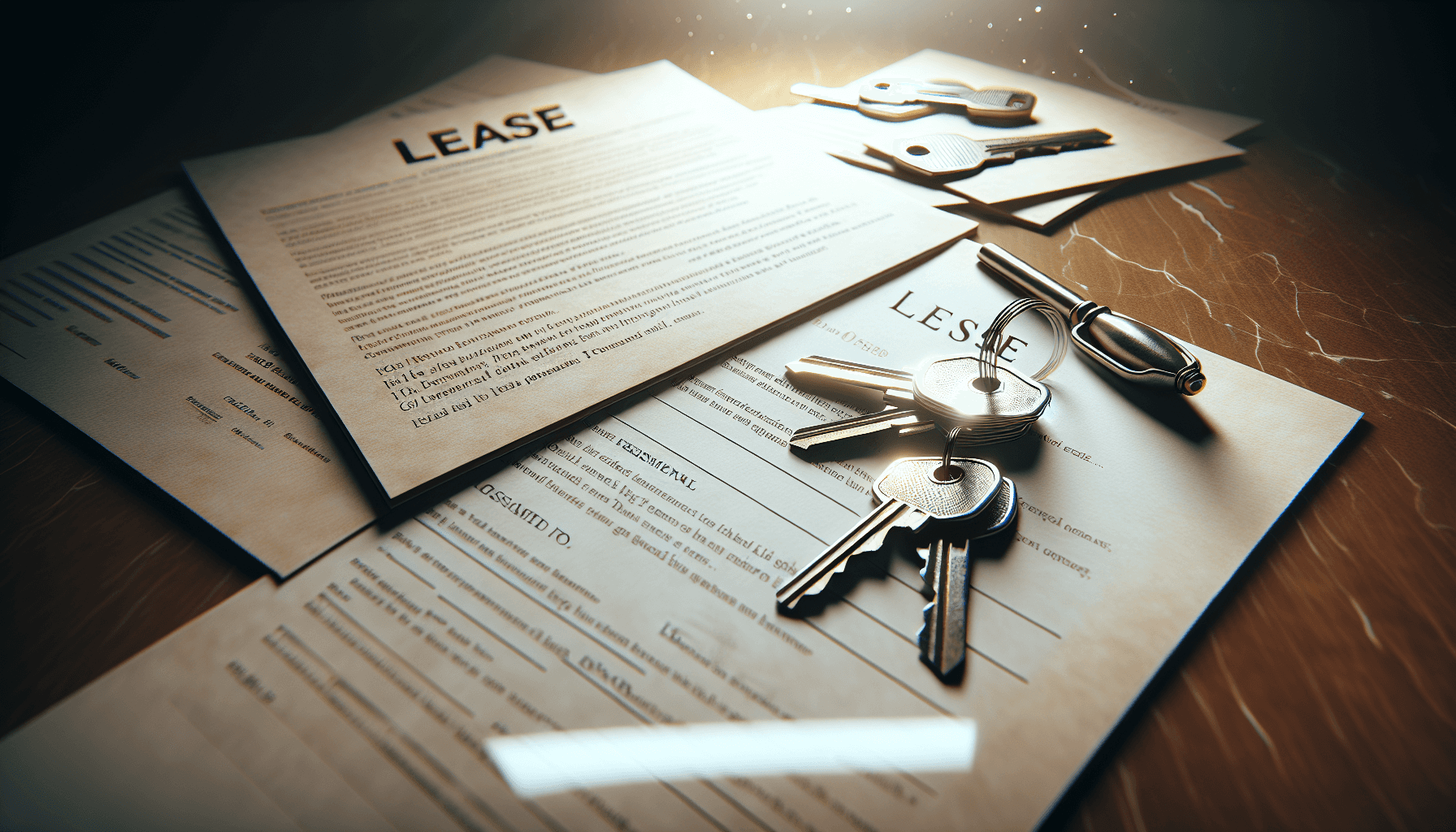What is a Double Net Lease in Commercial Real Estate?
I've noticed many commercial real estate investors get confused about different lease structures. Double net leases stand out as a popular option, though they're often misunderstood. Let's clear up any confusion and explore exactly what makes these leases tick.
Double Net Lease: A double net lease is a commercial rental agreement where the tenant pays rent plus two additional property expenses, typically property taxes and insurance. The landlord remains responsible for structural maintenance and any other operating costs not covered by the tenant.
Breaking Down the Double Net Lease
The structure of a double net lease includes three main components. First, tenants pay base rent, just like any other lease agreement. Second, they take on property tax responsibilities. Third, they handle insurance payments. This setup creates a clear division of financial responsibilities between landlord and tenant.
Landlords maintain several key responsibilities under this arrangement. They handle structural maintenance, such as roof repairs or foundation issues. They also manage common area maintenance (CAM), which includes tasks like parking lot upkeep, landscaping, and snow removal. Other operating expenses, such as utilities for shared spaces, also fall under the landlord's domain.
Advantages and Disadvantages
From a landlord's perspective, double net leases offer some clear benefits. They shift some financial responsibilities to tenants, reducing monthly overhead costs. They also create steady income streams since tenants handle predictable expenses like taxes and insurance.
Tenants gain advantages too. They often negotiate lower base rents since they're taking on additional expenses. They also gain more control over their space and can directly manage their insurance coverage.
But these leases aren't perfect. Both parties need solid accounting systems to track various expenses. Risk management becomes more complex, particularly regarding insurance coverage and claims processing.
Comparing Lease Types
Let's put double net leases in context:
Single Net Lease: Tenant pays rent plus property taxes
Double Net Lease: Tenant pays rent plus taxes and insurance
Triple Net Lease: Tenant pays rent plus taxes, insurance, and maintenance
Absolute Net Lease: Tenant pays everything, including structural repairs
Modified Gross Lease: Landlord pays most operating expenses
Common Applications
Double net leases pop up across various commercial properties. Retail spaces often use them, particularly in strip malls where multiple tenants share common areas. Office buildings implement them to balance cost sharing while maintaining building standards. Industrial spaces and mixed-use developments might choose double net leases based on tenant needs and market conditions.
Negotiating Double Net Leases
During negotiations, focus on these elements:
Base rent calculations and escalations
Insurance requirements and coverage limits
Property tax assessment procedures
Maintenance responsibilities
Common area expense allocation
Watch out for unclear maintenance definitions or vague insurance requirements. Get everything in writing and make sure both parties understand their obligations.
Frequently Asked Questions
Q: Who handles utilities in a double net lease? Typically, tenants pay for their own utilities, while landlords cover common area utilities.
Q: How are property taxes calculated and paid? Property taxes are usually paid quarterly or annually, based on local assessment values. Tenants often pay their proportional share based on square footage.
Q: What insurance coverage is typically required? Standard requirements include general liability, property damage, and sometimes business interruption insurance.
Q: Can terms be modified? Yes, lease terms can be negotiated to fit both parties' needs, though core elements usually stay intact.
Making Smart Double Net Lease Decisions
Success with double net leases requires thorough preparation. Start with market research to understand local rental rates and common lease structures. Review past property tax assessments and insurance claims. Consider working with commercial real estate brokers, attorneys, and accountants who specialize in these agreements.
Conclusion
Double net leases offer a balanced approach to commercial property management, sharing responsibilities between landlords and tenants. They require careful consideration and clear communication between all parties.
Need help navigating commercial lease options? Bellhaven Real Estate specializes in commercial property transactions and can guide you through the entire leasing process. Our team understands the nuances of different lease structures and will help you find the perfect fit for your situation.

